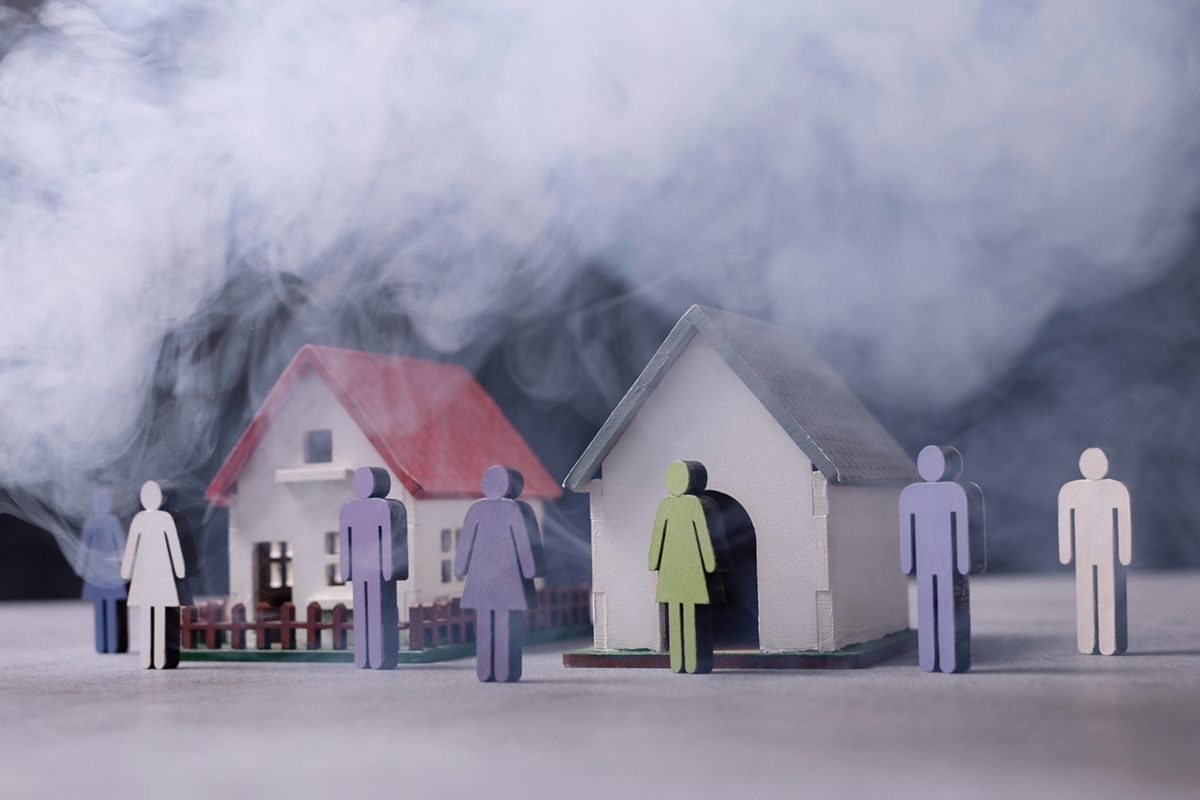 (888) 979-7969
(888) 979-7969
 (888) 979-7969
(888) 979-7969

A fire in your home can be an incredibly traumatic experience, but dealing with your insurance company after the blaze is often just as overwhelming. Unfortunately, insurance companies have a reputation for denying fire claims, leaving homeowners without the support they need to rebuild their lives. If you find yourself in this position, it's essential to understand why insurance providers reject claims and what steps you can take to protect yourself.
One of the most common reasons for insurance companies to deny fire claims is the presence of faulty wiring or appliances. If investigators find evidence that your electrical system or a specific appliance caused the fire, your insurance company may refuse to pay out. This decision is particularly challenging to contest, as it stems from the belief that you were responsible for maintaining your property correctly.
Insurance companies also look out for unusual circumstances surrounding the fire. From arsonists looking to cash in on their properties to homeowners attempting to commit insurance fraud, insurance companies are on the lookout for any suspicious behavior. If they suspect this is the case, they will deny your claim and launch an investigation.
It's essential to report a fire to your insurance provider as soon as possible after the event occurred. Failure to do so could be enough for an insurer to deny your claim, particularly if the fire caused additional damage due to your inaction.
Although it may seem like a no-brainer, it's essential to ensure you have sufficient coverage to protect your home from fire damage. If your policy doesn't cover the type of damage that occurred, the insurance company won't pay for the repairs. Make sure you know your policy's limits and adjust them accordingly.
Finally, insurance companies often deny fire claims due to consequential damages. This type of damage occurs when something outside of your control causes further damage that wouldn't have happened if the initial event hadn't occurred. For example, if a fire caused your home's entire roof to cave in, but the insurance company argues that the roof's structural damage occurred over time, they may deny your claim.
While it's frustrating, there are several reasons that an insurance company could deny your fire claim. With this in mind, it's essential to take steps to protect yourself and your property. Inspect your home often and make sure electrical systems and appliances are in good working order. If you suspect suspicious behavior surrounding a fire, report it to the authorities immediately. Finally, make sure you have adequate coverage through your provider. If the worst happens, consult an experienced loss adjuster in Orlando, FL, like Ultra Property Damages, to help you navigate the potential minefield of negotiating with insurance companies.